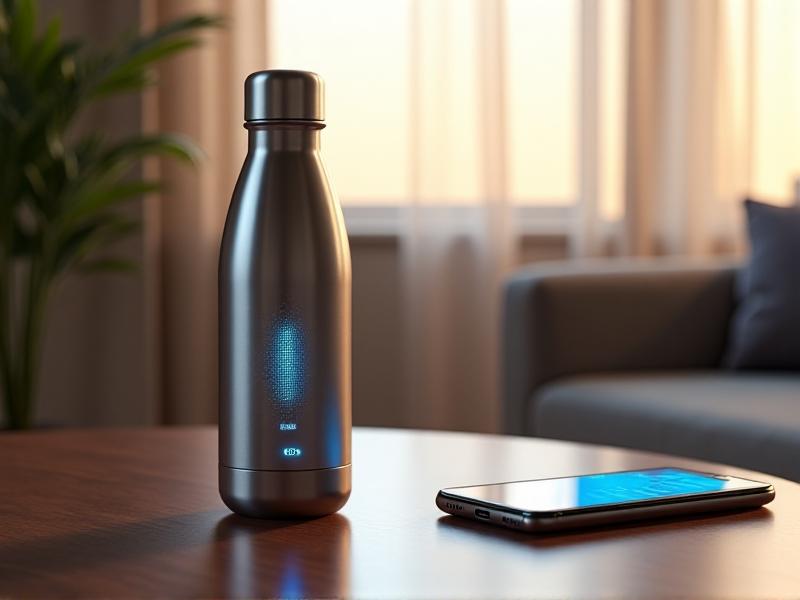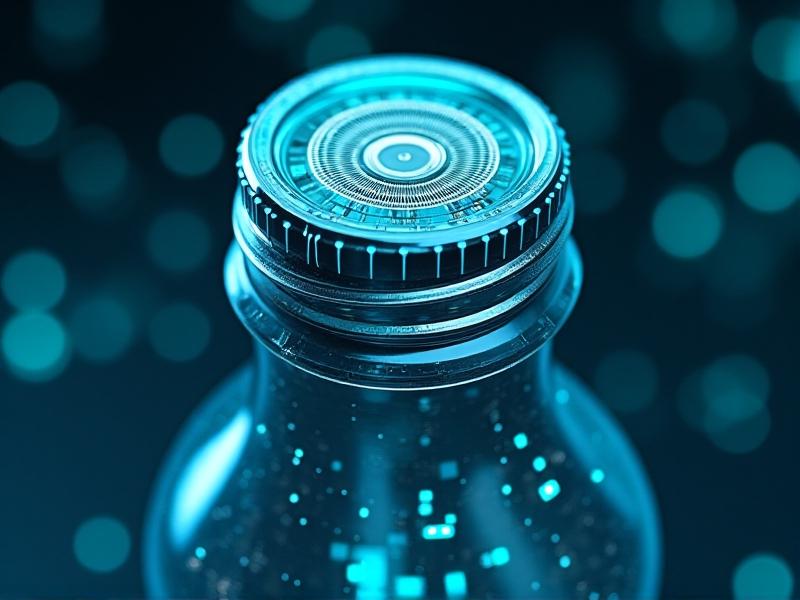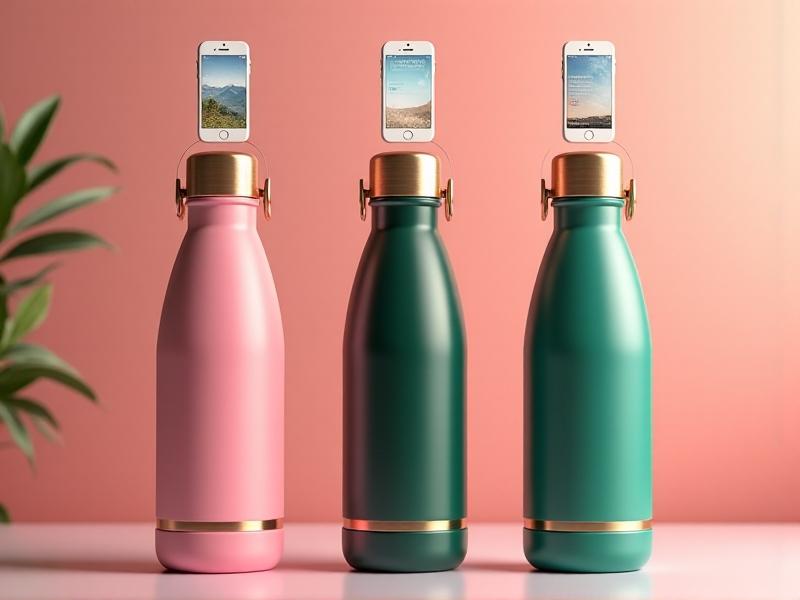Hydration Tracking Smart Bottle Systems
What Are Hydration Tracking Smart Bottle Systems?
Hydration tracking smart bottle systems are innovative devices designed to monitor and encourage optimal water intake. These bottles integrate sensors, Bluetooth connectivity, and companion mobile apps to provide real-time hydration data. Users receive reminders to drink water, track daily goals, and analyze consumption patterns. Brands like HidrateSpark, Thermos, and Ozmo have popularized this technology, which appeals to fitness enthusiasts, busy professionals, and health-conscious individuals. By transforming passive hydration into an interactive experience, these systems address a universal need with modern tech.

The Science and Technology Behind Smart Hydration Solutions
Smart bottles rely on capacitive sensors or weight-based mechanisms to measure liquid volume. Advanced models use galvanic skin response sensors in the bottle’s grip to assess the user’s hydration through sweat levels. Data syncs via Bluetooth to apps that calculate personalized needs based on activity, weather, and health metrics. Machine learning algorithms refine recommendations over time, while UV-C sterilization features in some bottles ensure water purity. These technologies combine precision and practicality, bridging the gap between hydration science and everyday convenience.

Health Benefits of Personalized Hydration Tracking
Chronic dehydration contributes to fatigue, headaches, and impaired cognitive function. Smart bottles counteract this by providing actionable insights. Athletes optimize performance with electrolyte loss alerts, while migraine sufferers reduce episode frequency by maintaining fluid balance. A 2022 UCLA study linked consistent hydration tracking to a 25% improvement in focus during work tasks. For elderly users, these systems mitigate dehydration risks by sending alerts to caregivers. By aligning hydration with individual lifestyles, smart bottles foster long-term wellness without requiring manual effort.

Choosing the Right Smart Bottle: Features vs. Lifestyle Needs
Battery life, durability, and app compatibility are key considerations. Frequent travelers may prioritize insulated bottles with month-long battery life, like the Thermos Smart Lid. Gym-goers might favor shatterproof Tritan plastic with sip-tracking accuracy. Parents can opt for bottles with gamified apps that reward children for meeting goals. Compare subscription models—some apps charge monthly for advanced analytics—against one-time purchase devices. Testing ergonomics and refill ease prevents buyer’s remorse. Ultimately, the best bottle aligns with your daily rhythm rather than offering superfluous features.

The Future of Hydration: AI, Sustainability, and Integration
Next-gen smart bottles will predict hydration needs using AI-powered environmental scans via smartphone cameras—assessing humidity, activity type, and facial dehydration signs. biodegradable materials like algae-based PLA plastic are entering production to reduce e-waste. Integration with wearables will enable automatic adjustment of water goals based on live heart rate and sleep data. Companies like LARQ are exploring solar-charging lids to eliminate disposable batteries. As these systems become ubiquitous, they’ll shift from niche gadgets to essential health tools embedded in broader smart ecosystems.
Transforming Daily Routines: Real User Stories
Sarah, a nurse working 12-hour shifts, credits her smart bottle for reducing chronic kidney strain. The bottle’s vibration alerts remind her to drink even during chaotic shifts. Meanwhile, diabetic user Raj uses glucose-level integration to balance hydration with blood sugar. Outdoor guide Mia relies on her bottle’s GPS-triggered reminders during hikes in arid regions. These stories highlight how context-aware technology solves diverse challenges. Even pets are benefiting—innovators are adapting smart bottles to track water intake for dogs with kidney conditions, proving the scalability of hydration tech.







